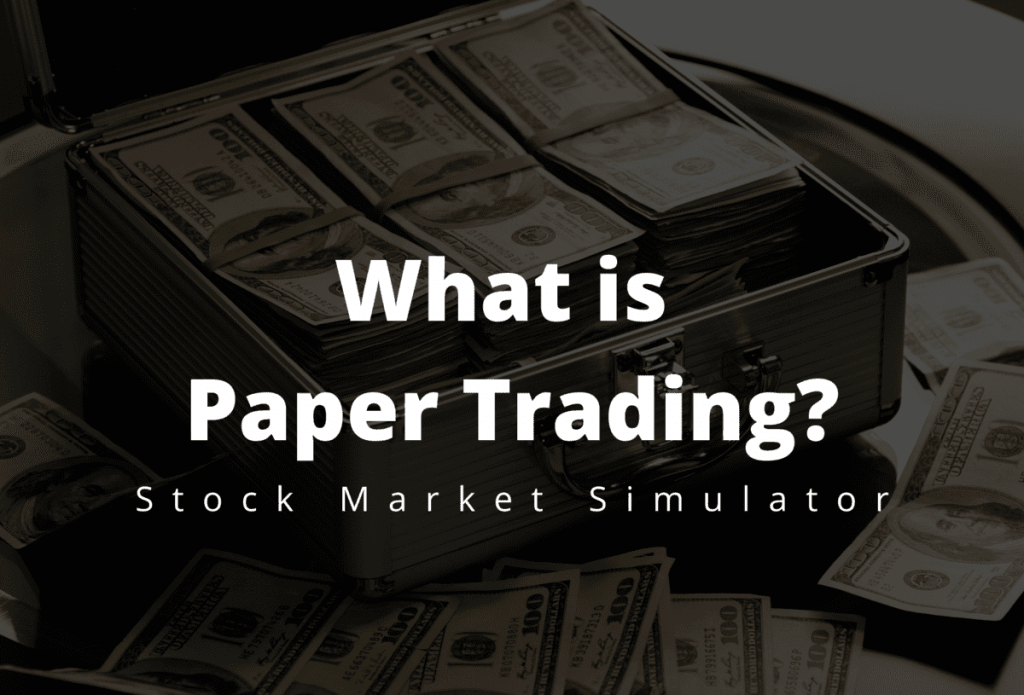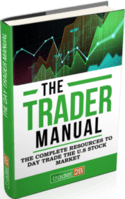What is Paper Trading?
Before we can determine if paper trading is right for you, let’s define what paper trading actually is. For all intents and purposes, paper trading is identical to regular trading except that instead of funding a real brokerage account with your hard-earned money, you’re opening a simulated trading account funded with any amount of “paper” money that you want.
Luckily, paper trading is not done with actual physical paper. The term comes from the idea of using a pencil and paper to track your potential gains and losses had you invested your actual money. Thankfully, we have the option of using simulated paper-trading platforms that look and feel just like real trading platforms. These can simulate real-time prices and offer access to the vast majority of major indexes.
Why would anyone want to paper trade?
Simulated trading gives investors the ability to practice buying and selling stocks or other security types but without the added risk of losses. Think of it like playing the game of Monopoly; instead of investing in actual properties, you purchase “pretend” hotels. This method is great for experienced investors who want to set up new trading strategies that they wish to test. As well, newer investors can learn the ropes of the stock market without the added risk. To start paper trading, you’ll need to set up an account with a company that offers a stock market simulator. Some of these platforms can be free, while the more robust platforms come with a cost.
What are stock market simulators?
A stock market simulator is like the board in a Monopoly game. It’s a tool that provides you with a virtual trading account and allows you to trade with any account value of your choosing (and with no risk of losing your funds). Most platforms support trading with equities and options and allow users to set various order types like limit and stop orders. These simulators should also adjust for corporate actions like stock splits and mergers, in addition to paying out quarterly dividends. It’s an actual account that simply uses fake (“paper”) money.
The main issue with many of these simulators is they often lack the ability to trade penny or foreign stocks. There can be a delay in pricing, which can cause trades to fail to execute at the price specified. Again, this is all dependent on the platform and what securities or strategies you wish to test. As an individual new to trading, most simulators can offer you an experience to become accustomed to the stock market.
Which trading simulator is the best choice for you?
One of the biggest drawbacks to paper trading is that it’s just that…paper. When trading with physical money, your money begins, emotions will run higher thanks to the added threat of losses. It’s easy to see the bigger picture when you’re not in the actual red. But what are the alternatives?
trader2B allows you to gain real-life trading experience with real money but without the risk of loss. How? They offer a real-time stock trading simulator that provides access to proprietary algorithms and allows users to test strategies they are looking to implement. With access to professionals, you can get the help you need to be successful at trading.
So is Paper Trading right for you?
Yes! Paper trading is right for any and every trader. The most experienced traders still paper trade when testing new strategies. Why risk money when you cannot guarantee or ensure positive gains on a regular basis? Only once a strategy has been fined tuned, will a trader implement this with actual physical dollars. This is a great way to help protect your hard-earned money without the risk of losing it.





